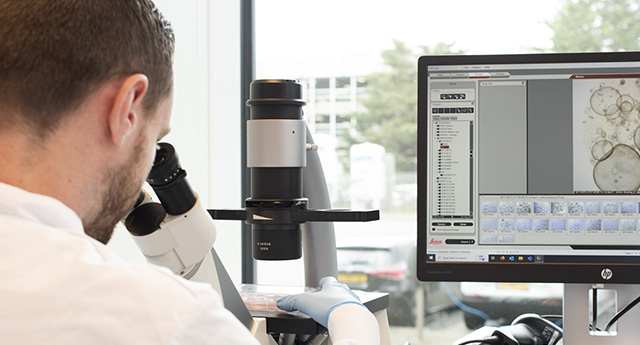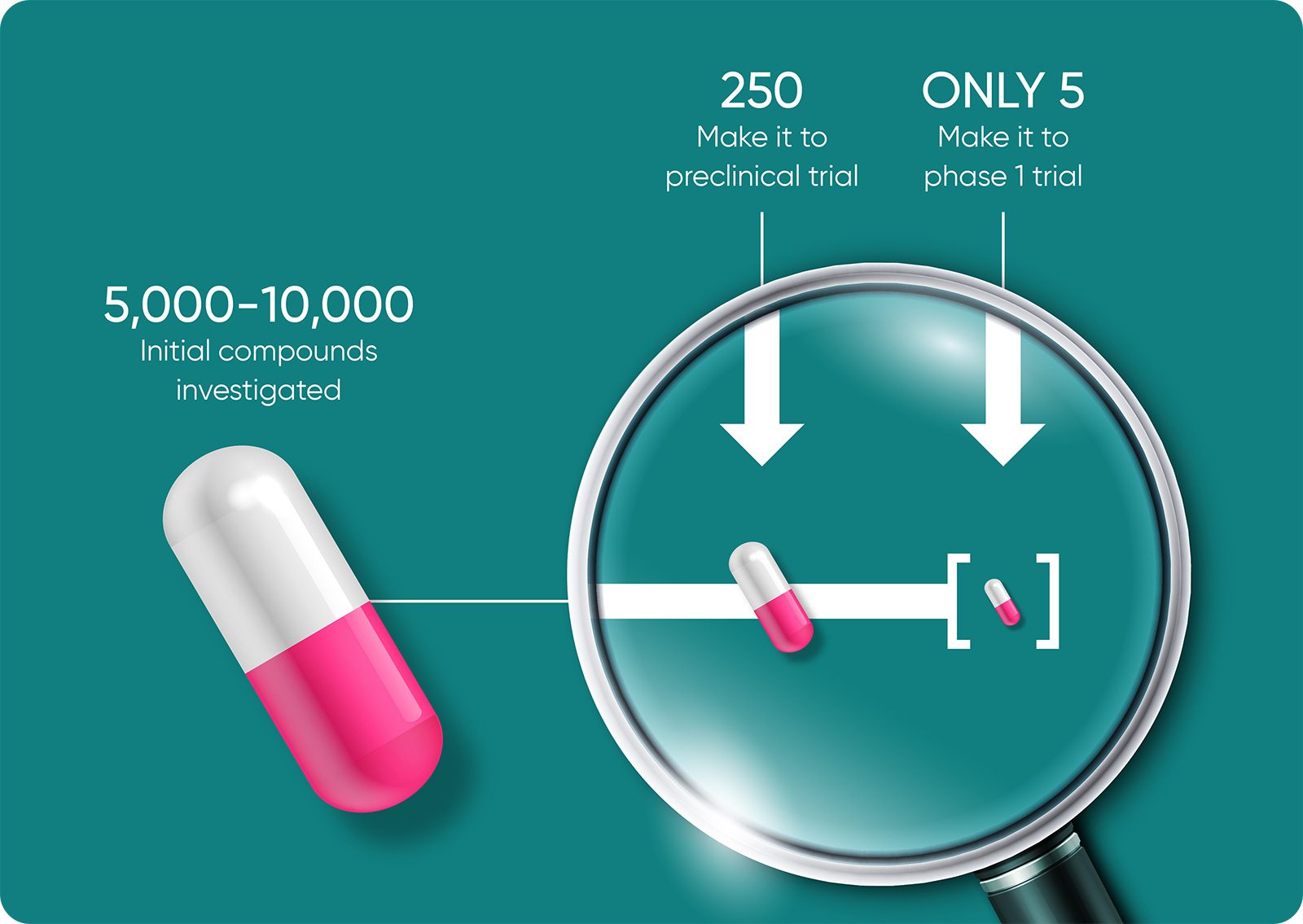
The current oncology drug development process is fundamentally flawed. It adheres to a linear methodology that predominantly depends on cancer cell lines and animal models. These traditional models, however, fail to replicate the intricate and heterogeneous nature of human tumors, resulting in late-stage failures and substantial financial losses.
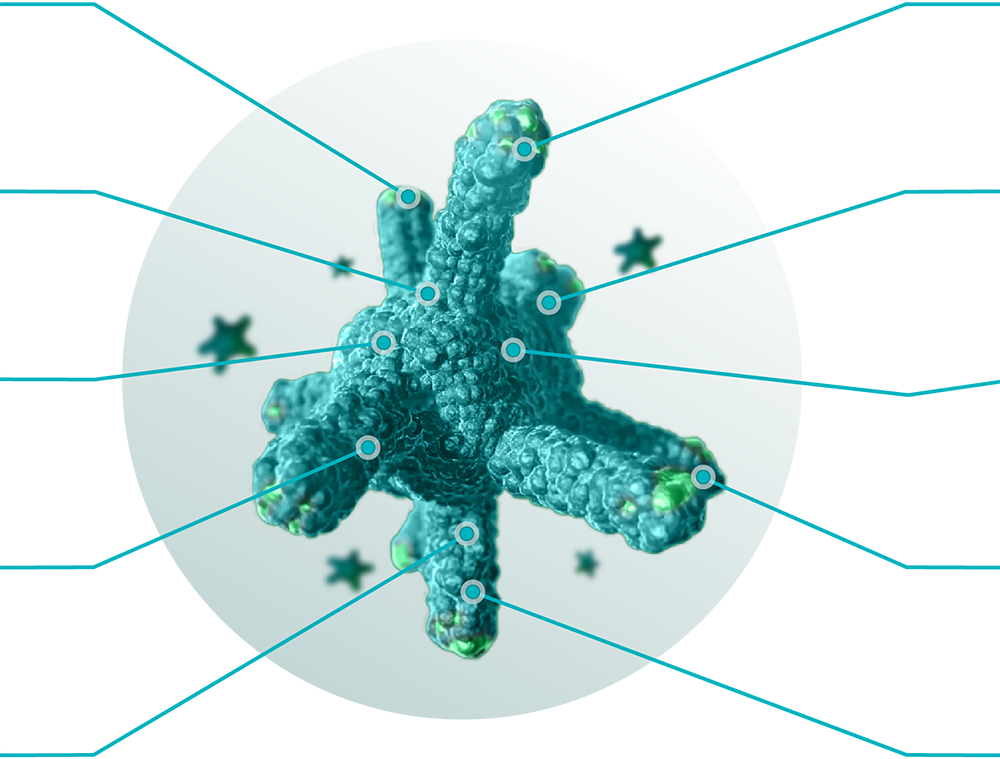
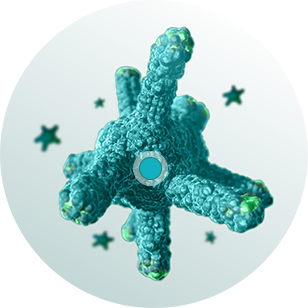
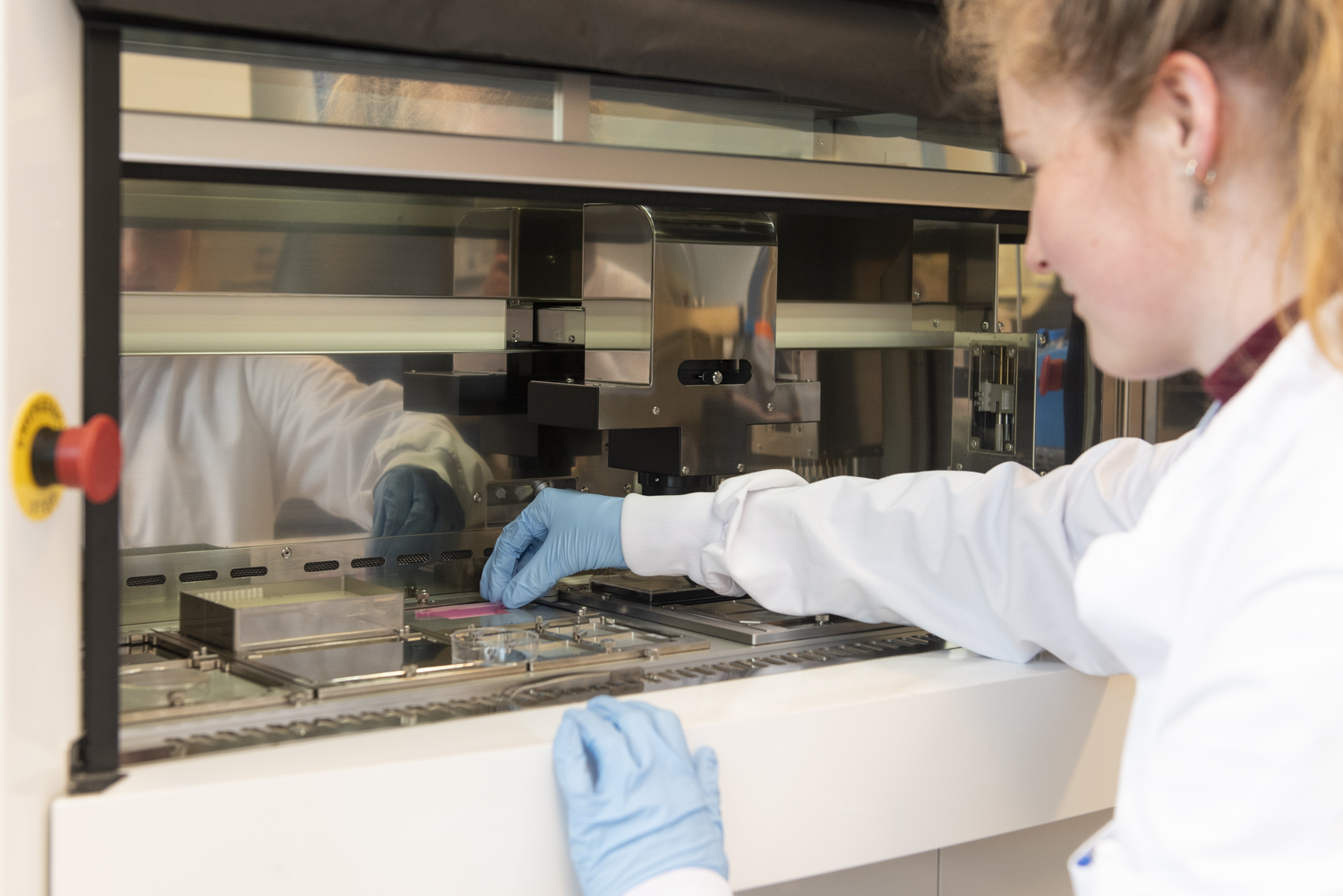
PDO Screen is built upon the recent success of our organoid screening platform which led to the first oncology agent to be approved for clinical trials within 5 years of development. Select from a pre-set panel of patient-derived organoid models among the available tissue types for a fast, cost-efficient, and patient-relevant evaluation of your agent efficacy.
The development of successful oncology agents requires evaluating a drug’s impact on the epithelium as well as the immune and stromal cells. Modeling these intricate interactions in vivo often compromises scalability and cost, posing a hurdle in preclinical drug development. We offer unique organoid co-culture systems with various immune cells like autologous and allogeneic T cells, macrophages, neutrophils, NK cells, and fibroblasts. This allows for a deeper understanding of drug responses and paves the way for the development of next-generation cancer immunotherapies.
